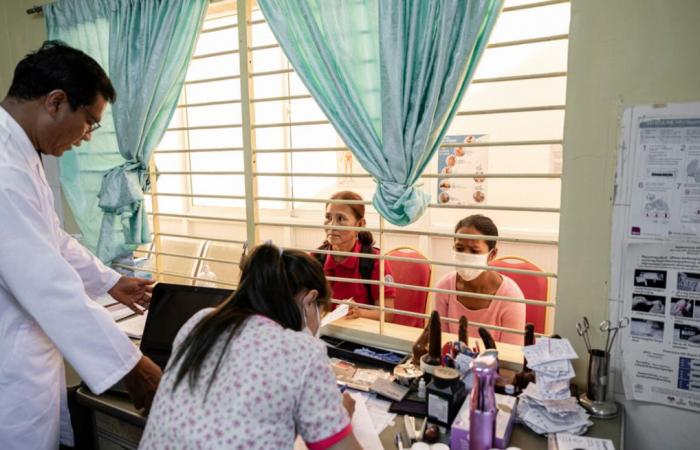Kennarey Seang : Cambodia has made significant progress in cervical cancer screening. A national team trains health care providers in health centers and hospitals across the country on testing and treatment methods. The training places particular emphasis on the treatment of minor lesions, primarily using visual inspection, as HPV-DNA testing is not yet widely available. Healthcare providers are also trained to manage small cervical lesions detected during screenings, providing an integrated service.
Between 400 and 500 health centers have benefited from training from the Cambodian national team. Efforts continue to expand these services throughout the country, which has a total of 1,000 health centers. The Royal Government is committed to providing cervical cancer screening services to all women in the coming years, starting with visual inspection and then moving forward to HPV-DNA testing when these will be more available.
For women living with HIV, the World Health Organization (WHO) recommends the HPV-DNA test as the primary screening tool, due to its high sensitivity in detecting early signs of cervical cancer. Compared to HIV-negative women, women living with HIV have a higher risk of developing precancerous lesions and a greater likelihood of rapid progression to cervical cancer when infected with HPV. Smoking or having repeated or past sexually transmitted infections increases risks for all women, especially those with compromised immune systems.
Health






